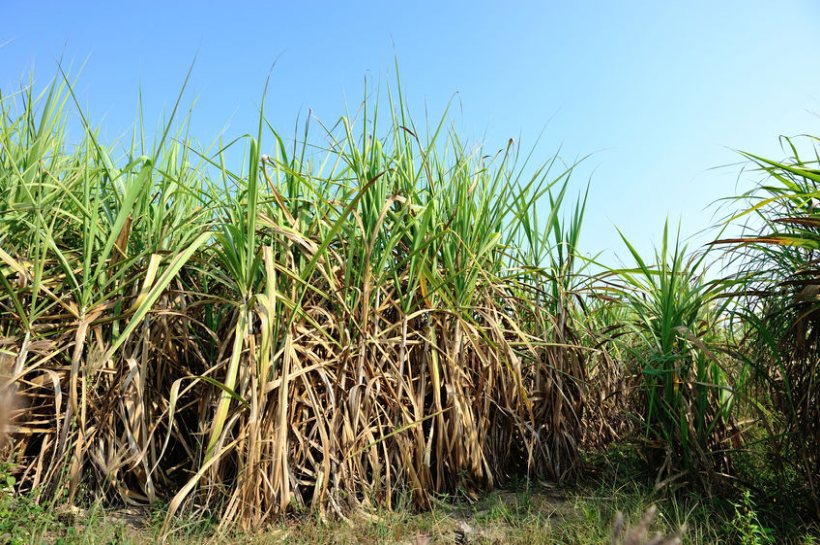
NFU Sugar has sharply criticised the government’s decision to expand and extend tariff-free access for raw cane sugar, warning the move threatens the future of the homegrown sugar beet sector and hands an advantage to overseas producers operating under weaker standards.
The government confirmed on 26 November that the autonomous tariff quota (ATQ) for raw cane sugar will rise by 65,000 tonnes — a 25% increase — allowing 325,000 tonnes to enter the UK tariff-free each year from January 2026 until the end of 2033.
The ATQ is a mechanism that lets a fixed volume of imports enter the country at zero or reduced tariffs, and in this case the raw cane sugar is used primarily in UK refining, potentially shifting the balance between imported and domestically produced sugar.
NFU Sugar Board Chair Kit Papworth called the decision “highly concerning, unjustified, and unnecessary.” He argued that British growers, already operating under “ever tighter regulation and an ever diminishing plant protection toolbox”, cannot be expected to compete with sugar produced abroad in ways “which would be illegal in the UK.”
The union has opposed the ATQ since its introduction in 2020, warning that it undermines fair competition. It says the scheme allows sugar produced under far looser environmental, labour or chemical-use rules to enter the UK tariff-free, putting British growers at a structural disadvantage and threatening the crop’s long-term viability at a time when costs, pest pressures and support changes are already squeezing margins.
The long duration of the quota has caused particular frustration. NFU Sugar raised concerns during the 2025 consultation about the impact of a multi-year ATQ, but says the government has pressed ahead with an arrangement that will run until 2033, adding another layer of uncertainty for growers planning future rotations and investment.
The union also highlighted what it sees as contradictions in government policy, arguing that protecting grower interests in free trade agreement negotiations cannot be reconciled with simultaneously weakening them through unilateral tariff decisions. It continues to push for a coherent, joined-up approach that prioritises a “level-playing field on trade.”
NFU Sugar says the government’s original assessment of the ATQ’s impact was flawed and is calling for ministers to publish the analysis underpinning the decision to expand and extend the quota from 2026.
Papworth said the latest development brings “further unwelcome uncertainty” for growers. He added: “We commended the government for its approach to negotiations with India… But the decision to expand and extend the ATQ for raw cane sugar of any origin… is even more concerning.”
He reiterated: “We remain fundamentally opposed to an ATQ for raw cane sugar, regardless of its size.”
